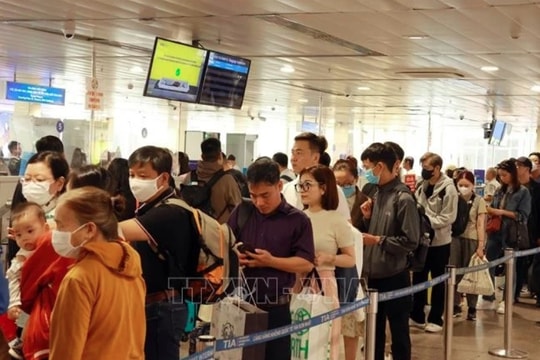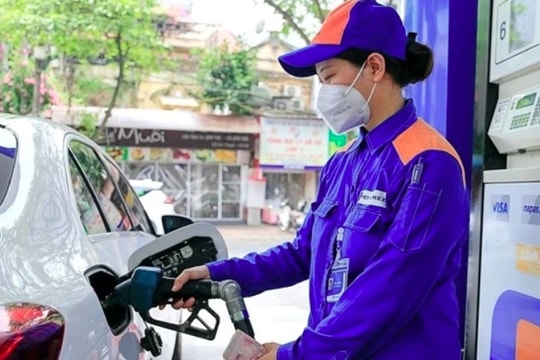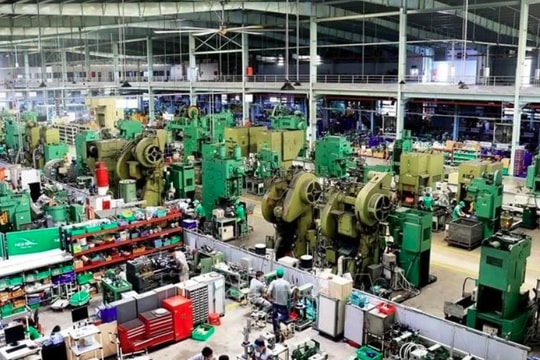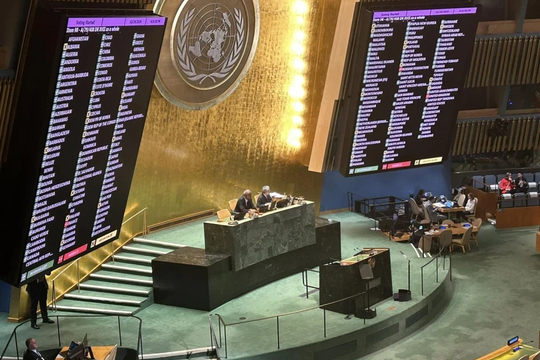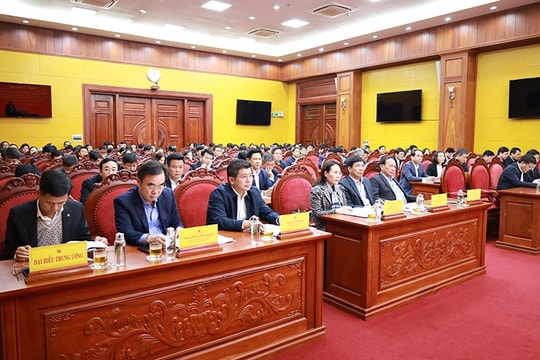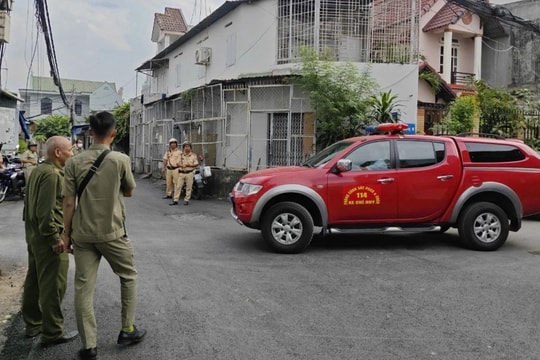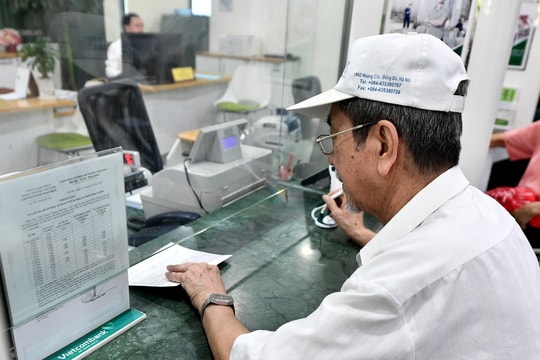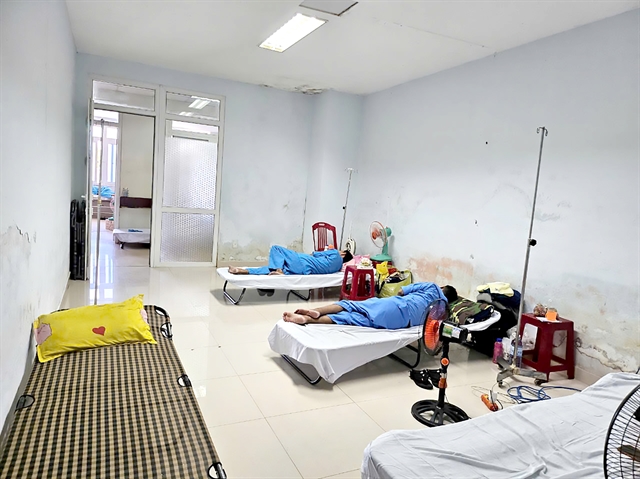 |
| A patient room at Đà Nẵng Oncology Hospital in the coastal central city of Đà Nẵng.—Photo chinhphu.vn |
ĐÀ NẴNG — Đà Nẵng City’s Health Department has ordered Đà Nẵng Oncology Hospital to inspect and fix shortcomings after patient feedback, received through the Government’s Portal, regarding deteriorating facilities, overcrowding and shortages of beds and treatment medications.
“This is where we spend our final days. Due to a lack of rooms and beds, we are forced to endure long periods on uncomfortable folding beds, all while battling the pain of cancer in a damp environment,” one patient said.
Additionally, patients also expressed that the financial burden of chemotherapy drugs weighed heavily on their families, as they relied on health insurance for medication, which was often insufficient.
Patients earnestly wished for a better treatment environment, with adequate beds and chemotherapy medications available.
After receiving the complaints, reporters from the Government’s Portal visited the hospital to assess the situation.
In departments such as Internal Medicine 4 and Internal Medicine 2, many patient rooms were found to be in a state of disrepair, with some walls showing signs of dampness.
Overcrowding had resulted in many patients being unable to secure adequate rooms and beds, forcing them to lie on folding beds placed in the hallways, including in public areas.
Causes, solutions
Nguyễn Tuấn Anh, Deputy Head of the hospital’s Internal Medicine 4 Department said the hospital currently served as a tertiary care facility for the central region.
“We often face overcrowding because of the increasing number of cancer patients,” he said.
The hospital’s commitment meant they could not refuse any patients, which led to instances where the number exceeded the hospital’s capacity for treatment, resulting in a shortage of beds.
“For patients in critical stages, we have strictly implemented policies to ensure they do not have to lie on folding beds.
We are also making every effort to alleviate overcrowding by arranging and rotating patients and, where possible, facilitating outpatient treatment,” he added.
Director of the hospital, Nguyễn Thanh Hùng, said several measures were put in place to alleviate overcrowding and reduce patient waiting times, such as synchronising appointments throughout the week and offering off-hours technical services like MRI and CT scans, bone scans and endoscopies.
A daytime treatment area was also established. The hospital was prioritising the discharge of patients who were able to leave.
It scheduled admissions for subsequent days and for critically ill patients who could wait, the hospital admit them, while arranging for lighter cases to temporarily use folding beds.
Deputy Director of the city’s health department Võ Thu Tùng said the hospital had been operational since January 2013.
Over nearly 12 years, the condition of the facilities and patient rooms had deteriorated, particularly in the Internal Medicine 4 Department, which had suffered from damp issues due to unresolved floor cracking.
The health department said the hospital was designed to have 650 beds, but the actual number reached 970.
Sometimes, inpatient numbers exceeded 1,000, resulting in overcrowding.
In the cases, the hospital strived to quickly reallocate and arrange patients to ensure optimal care conditions.
Currently, the hospital had plans for significant renovations to completely resolve issues related to leaks, he said.
The hospital had proactively proposed to the health department and the city People's Committee to construct additional facilities and upgrade dilapidated areas to meet patient demand.
That included a project to build a new 400-bed inpatient area and refurbish the existing hospital.
Sufficient medication supplies
In response to concerns regarding lack of medicines, covered by the health insurance fund, the department said that during the first half of this year, the hospital, like other public hospitals, faced challenges in procuring medications due to various factors, including a lack of legal frameworks for purchasing drugs, resulting in shortages of certain treatments.
However, following the enactment of Circular 07/2024/TT-BYT on the procurement of medications in public healthcare facilities, the hospital initiated a supplementary procurement package for this year and successfully completed by August 23.
“Currently, the hospital has finalised procedures and is in the process of procuring medications for patients to meet the necessary pharmaceutical needs for treatment,” the department said.
Additionally, certain medications were covered by health insurance at rates of 30 or 50 per cent.
The hospital applied co-payment models, meaning patients must still contribute to their treatment costs despite having health insurance, particularly for drugs such as Sorafenib, Abiraterone and Pazopanib.
In the cases, doctors also explained the arrangements to patients and their families, so they understood their entitlements and the insurance payment process.
However, the out-of-pocket expenses for patients, after accounting for insurance contributions, were still be high, ranging from VNĐ12-26 million (US$490-1,060) per month for each medication, posing a substantial financial burden for those with cancer.
“The department appreciates and sincerely thanks the public for their feedback, which will help the hospital and the healthcare sector to continually improve and enhance the quality of service, ensuring it meets the needs of the community,” the department said.—VNS





